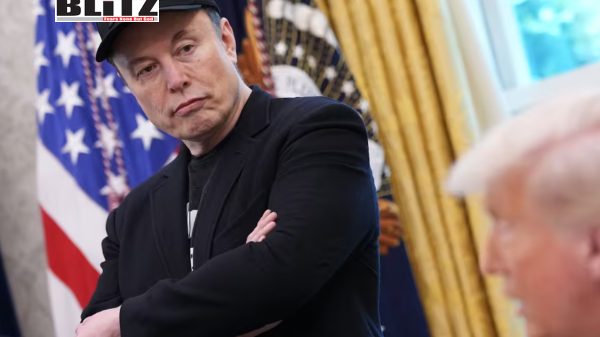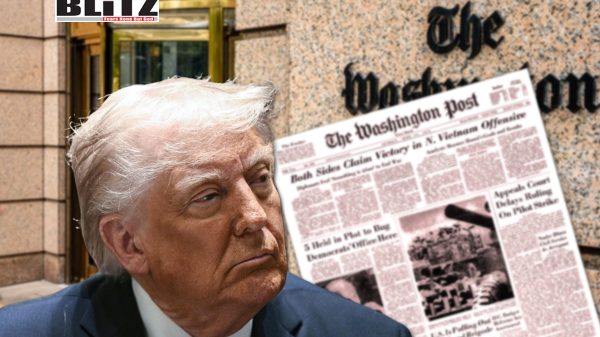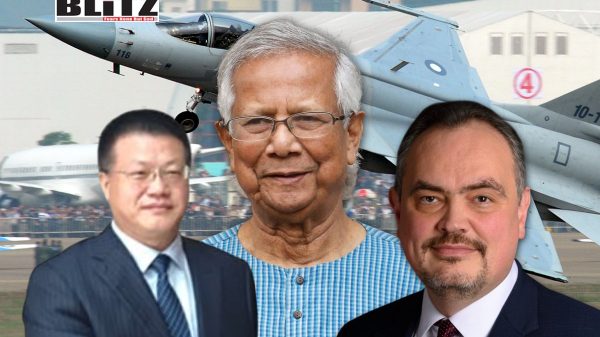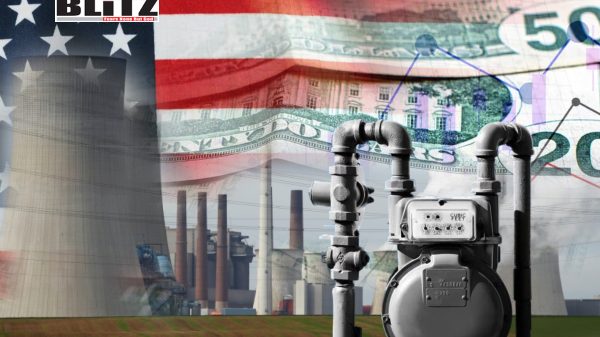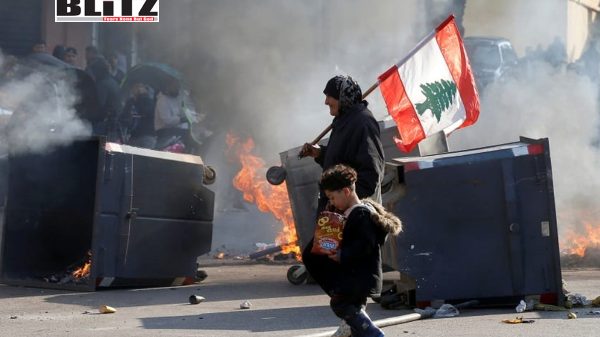India challenges EU arrogance in trade talks and strategic demands
- Update Time : Saturday, September 27, 2025
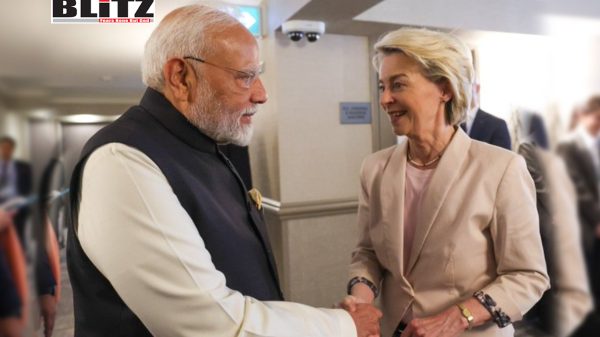
For all of Europe’s talk of modernity, liberal values, and economic openness, the European Union (EU) continues to betray an outdated colonial mindset whenever it deals with countries outside its club of mostly Western nations. The ongoing free-trade agreement (FTA) negotiations with India serve as a striking example of this problem. What should have been a straightforward discussion about tariffs, market access, and economic complementarities has instead been mired in political posturing, strategic overreach, and misplaced arrogance by Brussels.
At its heart, the EU still struggles to accept that India is no longer a “lesser” nation to be lectured, coerced, or dictated to. India today represents 1.4 billion people, the world’s fifth-largest economy, and one of the fastest-growing markets globally. Yet European officials, many of whom are unelected bureaucrats far removed from democratic accountability, continue to assume the authority to impose not just trade conditions but also geopolitical alignments on New Delhi.
The most telling feature of Europe’s approach is the persistence of its old colonial arrogance. The colonial project was never just about territory; it was also about enforcing obedience, extracting concessions, and erasing autonomy. Long after Europe’s empires crumbled, the vocabulary of superiority and the assumption of entitlement remained embedded in the institutions of Brussels.
In the India-EU FTA talks, these traits are once again on display. European negotiators behave as if they can define the terms not only of agricultural tariffs or regulatory standards but also of India’s foreign policy – particularly regarding Russia. By attempting to tie trade benefits to India’s stance on the Ukraine war, the EU has demonstrated both hypocrisy and delusion.
Prime Minister Narendra Modi has made it abundantly clear that India will not yield its strategic autonomy. During his interactions with global leaders – whether Washington, Brussels, or Beijing – Modi has consistently reinforced the principle that India’s foreign policy is driven by its national interest, not by the agendas of others.
When faced with repeated tariff threats from Donald Trump during his second term, India did not bend. New Delhi responded quietly but firmly, recalibrating its trade partnerships, diversifying export markets, and securing agreements with non-EU partners such as the European Free Trade Association (EFTA). If India could hold its ground against Washington’s coercion, why would it concede to the ultimatums of Brussels?
The EU seems to ignore this lesson. By pressuring India to “completely decouple” from Russia, EU officials are effectively asking New Delhi to abandon a longstanding partnership that is central to its defense, energy, and strategic interests. Such demands not only ignore India’s agency but also expose Europe’s lack of seriousness in building a genuine partnership.
Perhaps the most glaring flaw in the EU’s posture is its rank hypocrisy. Even as it lectures India on cutting ties with Moscow, the EU itself remains one of Russia’s largest trading partners. From 2022 to mid-2025, the EU imported more than half of Russia’s liquefied natural gas (LNG) exports, making it Moscow’s single largest customer. Trade between the EU and Russia stood at $73.1 billion in 2024, far below pre-war levels but still significant.
The United States, too, continues selective trade with Russia despite its rhetoric. And yet, Brussels insists that India’s purchases of Russian oil – which help secure affordable energy for hundreds of millions of Indians – are somehow illegitimate. This is the double standard of imperial power: what Europe allows itself, it denies others.
The FTA negotiations have also been clouded by Europe’s inability to separate its economic agenda from NATO’s military priorities. The EU’s so-called “Atlanticists,” epitomized by Commission President Ursula von der Leyen and High Representative Kaja Kallas, operate more as Washington’s envoys than as leaders of an independent Europe.
Von der Leyen has spoken of elevating the FTA into a “New Strategic Agenda,” covering defense, security, and connectivity. Kallas has gone further, explicitly criticizing India’s participation in Russian-led military exercises and its energy imports from Moscow. Their language betrays the real intent: to use trade as leverage to force India into NATO’s standoff with Russia.
For India, this linkage is unacceptable. New Delhi has been clear in advocating a peaceful resolution to the Ukraine war while maintaining relationships with all major powers. Joining an anti-Russia bloc would undermine its credibility as a leader of the Global South and a champion of multipolarity.
The EU’s overreach would be easier to understand if it had overwhelming leverage. But the reality is quite the opposite. Europe’s economic situation is fragile, weighed down by stagnation, energy insecurity, and the burdens of a war it cannot end.
The Ukraine conflict has already drained European coffers, fueled inflation, and deepened dependence on US security guarantees. By pledging a percentage of their GDP to NATO, countries like Germany and Sweden have effectively committed to purchasing American weapons – a further erosion of Europe’s autonomy. At the same time, sanctions against Russia have backfired, hurting European consumers and industries far more than Moscow.
In this context, Europe should be approaching India with humility, not arrogance. India is the EU’s second-largest trading partner, with bilateral trade worth $137.5 billion annually. Yet India accounts for only 2.4% of the EU’s imports – hardly enough to justify Europe’s imperious tone. If Brussels overplays its hand, New Delhi has ample alternative partners across Asia, Africa, and the Americas.
To its credit, India has avoided responding in kind. Unlike Europe’s loud and moralizing rhetoric, New Delhi’s approach has been calm and measured. India continues to engage with the EU, welcoming discussions on climate, technology, and connectivity while quietly sidestepping attempts to link trade to foreign policy.
This patience, however, should not be mistaken for weakness. Retired diplomats in New Delhi warn that India must not even acknowledge Brussels’ demands regarding Russia. Doing so would set a dangerous precedent of allowing unelected European officials to intrude into India’s sovereign decisions. The wiser course, they argue, is to politely but firmly insist that trade talks remain about trade – nothing more.
For the EU, the choice is clear: shed its colonial delusions and treat India as an equal partner, or risk alienating one of the world’s most dynamic economies. If Brussels continues to tie economic cooperation to geopolitical submission, it will only confirm its status as a vassal of Washington, incapable of independent thought or action.
For India, the path is equally clear: safeguard its strategic autonomy, resist external diktats, and leverage its growing economic clout to demand respect. India does not need validation from Brussels; it needs fair terms of trade, genuine cooperation in technology and climate, and acknowledgment of its role as a global power.
The EU would do well to remember that the age of colonial diktats is over. India, unlike in centuries past, is no longer a subject to be commanded but a sovereign power to be engaged with respect. If Europe cannot adapt to this reality, then its dream of a strategic partnership with India will remain just that – a dream.






